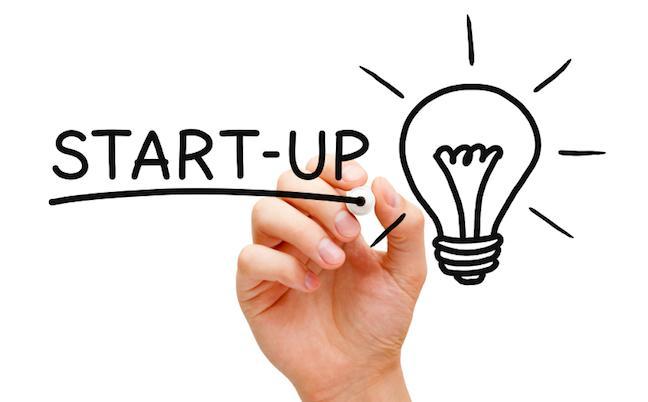Why You Should Invest in Startups

Apr 24 | 2017

Access to startups used to be limited usually only to venture capitalists and highly connected angel investors. Gone are those days. Like most things, the internet has come along and made investing in startups cooler and easier than ever.
September 6, 2016 marked the passing of Title III of the JOBS Act, opening the door for Equity Crowdfunding – think Kickstarter or IndieGoGo, but you get equity in the company. Early stage startups can raise up to $1 million through investments as low as $100 per person.
This is awesome for both investors and entrepreneurs. For as little as $100, investors can invest in start ups that they believe in, and entrepreneurs have more opportunities to raise funds while connecting more deeply with customers and loyalists by offering them a piece of the proverbial pie.
Want in on the action? Curious as to how?
Two platforms leading the way in this new and exciting field are MicroVentures and SeedInvest.
With over 6 years in the game MicroVentures is one of the first venture capital banks. Combining the deal flow, connections, research, and mentoring of venture capitol, and the diversification, open access, and ease of use of Equity Crowdfunding, MicroVentures gives investors and entrepreneurs the best of both worlds. That’s four birds, one stone.
MicroVentures has partnered with IndieGoGo, and has helped fund over 200 start ups and raise over $100+ Million via investors.
SeedInvest reviews its potential startups with a fine toothed comb, accepting only ~1% of all applications. Their boast is that they pick winners. They played a pivotal role in the passing of Title III, and they passionate about what they do. With over $50 Million raised for 140 different startups, and an investor network of over 160,000, they pack a mean punch.
Both platforms offer a well curated bevy of startups and really good customer support, so the decision is always up to your discretion, your values, and your taste for risk.
So what happens to your money once you invest? You’ll be connected to the companies you choose as they issue regular reports and updates. Once you invest you will hold a private equity in the company. If and when the company goes public or gets purchased by another company you will receive cash or stock returns on your investment.
As always, do your due diligence, know your risk, and make sure your having fun. Get out there, get investing, and as always, may the force be with you.













